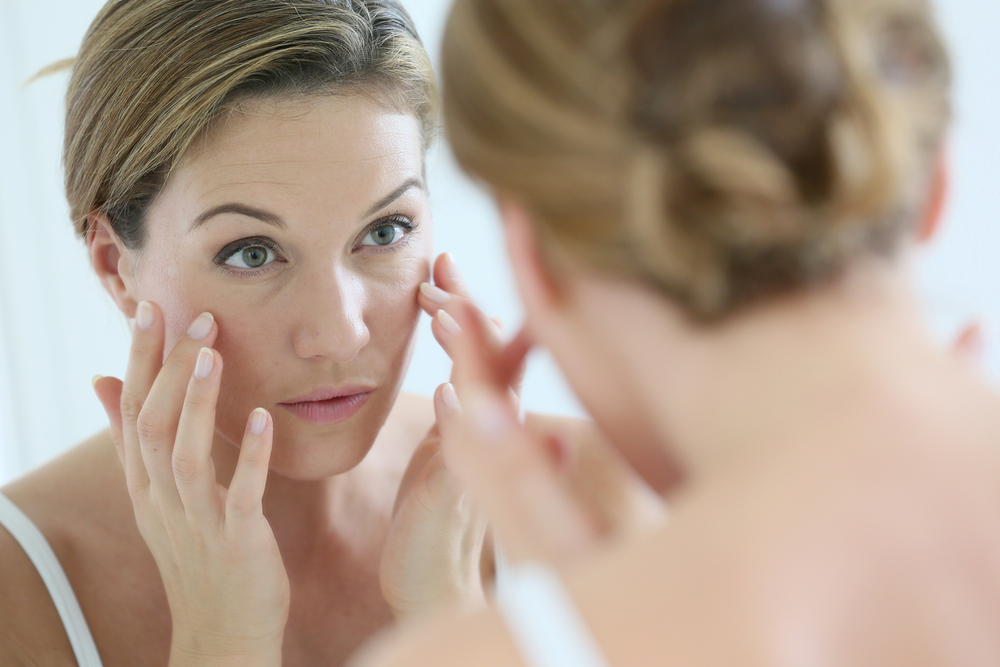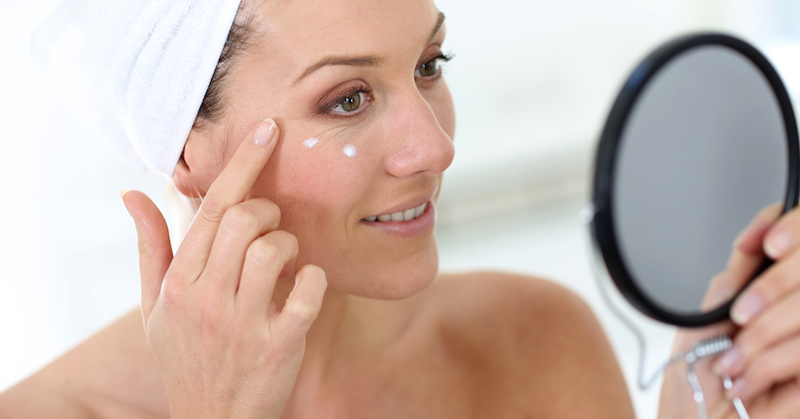Although its name might sound a little intimidating, hyaluronic acid is a totally safe and natural substance. In fact, you can find it in your eyes and joints as well as on your skin.
At natural levels, hyaluronic acid works to keep those body parts lubricated.
You can add hyaluronic acid to your body (via supplements or creams) to unlock extra benefits. Let’s take a look at a few of them below.
Uses for Hyaluronic Acid Supplements and Creams
Anti-Aging

According to research published in Dermato Endocrinology, Hyaluronic acid is crucial to maintaining skin moisture. As you get older, your body produces less and less of the substance, causing your skin to show visible signs of damage like sagging.
That’s where a cream containing hyaluronic acid can help, reducing signs of damage and restoring structural integrity to the skin.
Osteoarthritis Treatment
A 2012 study published in The Scientific World Journal found that hyaluronic acid, taken as an oral supplement, alleviates symptoms of osteoarthritis.
According to Dr. David Williams, the supplements work by restoring levels of hyaluronic acid in the joints, allowing movement with less stiffness.
Wound Treatment

Plastic surgeons use hyaluronic acid to repair burns and wounds. You can use a hyaluronic acid cream at home to achieve that same effect on a smaller scale.
Some consumers have reported success with hyaluronic acid cream and acne scars. The acid fills the scar and causes it to have a ‘plump’ appearance, which allows it to blend in with the skin around it.
However, the effect is not permanent; your body will eventually absorb the hyaluronic acid and distribute it. Repeat applications can help “top up” the levels to maintain an acne scar-free appearance.
Precautions
You can’t buy hyaluronic acid on its own. Rather, it is mixed in with other compounds. In the case of many products, this includes palm oil. In addition to posing significant threats to human health, palm oil is manufactured using a very damaging process.
Side Effects of Hyaluronic Acid
There are currently no known side effects from taking hyaluronic acid as an oral supplement. In those with an allergy, however, hyaluronic acid creams can produce a skin rash.
Whether you’ve got an allergy or not, it’s a good idea to check in with your doctor before taking hyaluronic acid as a cream or supplement. Your doctor will let you know of any potential interactions with medications you may be taking.
Your doctor will also be able to monitor the condition you’re trying to improve.
Do you have any experience with hyaluronic acid supplements? Let us know in the comments!
Sources:
RaySahelian.com
SFGate.com
Livestrong.com
Dr. Whitaker
PaulasChoice.com
The Scientific World Journal
Dermato Endocrinology


